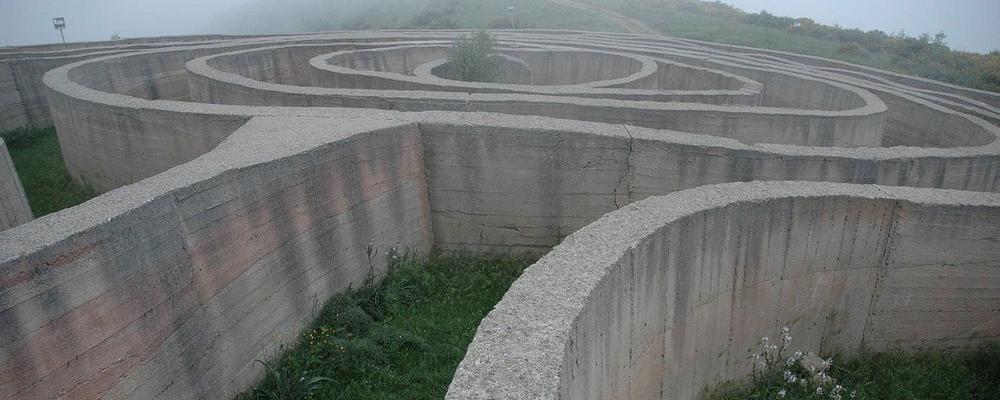
Help families find their way around the health care maze – rebuild the system!
Mats Johnson' latest blog entry
[Posted on 8 August, 2017 by Mats Johnson]
Imagine you are the parents of a child with e.g. delayed language development, difficulties finding friends, and perhaps a great deal of restlessness and impulsivity and violent mood swings. This is tiring, whether at home, preschool or at school.
You want to seek help in order for the child to be provided with more support and understanding. Wouldn’t the ideal scenario then be to have ONE single place where one could get help in sorting the problem out, get an investigation that might provide some explanation, and then, in that same place, also get long term follow-up with the treatment and habilitation that might be needed. That way there would be no need for you to search over and over to find someone who might be able to help, no need to tell the whole story from the beginning to new people every time, and support and treatment could be tailored to each individual’s needs. Some years or months during the child’s upbringing may require more intervention measures, perhaps some time even renewed investigation, but in the interim there may be long periods where everything is working rather well, once assistance has been given in finding appropriate schooling methods and leisure activities. This kind of follow-up would be easily accessible without complicated transitions between different facilities. It would be smooth, resource-saving for both you and affected health care services, and I believe that many would find it gives them a sense of security. Furthermore, since the people following up would know you and your child well, and would also know what kind of needs to expect going forward, intervention measures could be provided in time before the situation deteriorates again. Does that sound good? I should think so! Does that sound too good to be true?
Yes, that’s not what it looks like in how today’s health care is organised. On the contrary, it is very difficult for families to find their way among different facilities with increasingly narrow specialisations. Preschools, child health care services and schools have limited resources available for performing so-called basic investigations. Many places like CAP and CNC have lengthy queue times for individuals awaiting investigation. New regional guidelines have heavily limited the mandate of habilitation services. Referrals are thrown around left and right, bouncing right back because the patient in question isn’t considered covered by that specific organisation’s “target demographic”. Many parents describe how they must put all their time into coordinating in order to find their way around health care services.
It doesn’t have to be this way! Organise teams within the facilities carrying out investigations (such as the CNC and CAP) with adequate resources so that we can investigate and follow up our patients without having to send them around every which way. Mix in habilitation services in all these institutions. Some children need to be followed up at CAP and some children with complex neuropsychiatric problems need to be followed up at the CNC. We already know that different needs arise during different phases of a child’s life, this is no surprise. In order to give children with neuropsychiatric disorders fully adequate support, these teams would at minimum need doctors, nurses, psychologists, educators, curators/social workers, speech and language therapists, work therapists, physical therapists, who can all be relied on for contributions, all according to what is needed. Gathering all personnel in the same place, with everyone meeting one another daily, greatly facilitates the process of effectively planning intervention measures for the children.
Don’t wait, do it now – it’s a win-win solution!
[This is a blog. The purpose of the blog is to provide information and raise awareness concerning important issues. All views and opinions expressed are those of the writer and not necessarily shared by the GNC.]